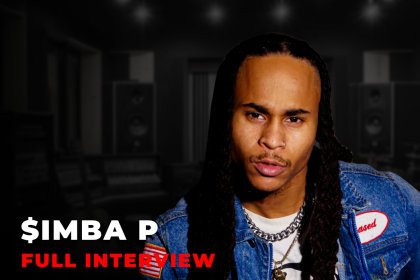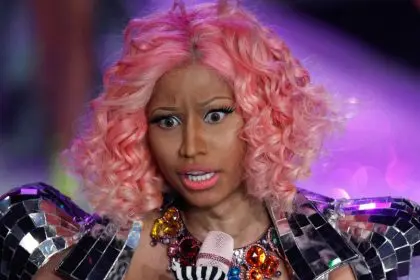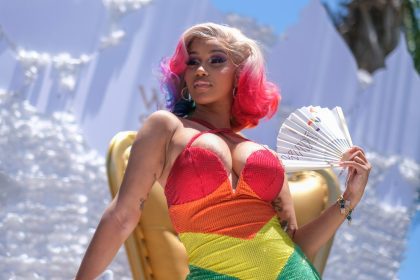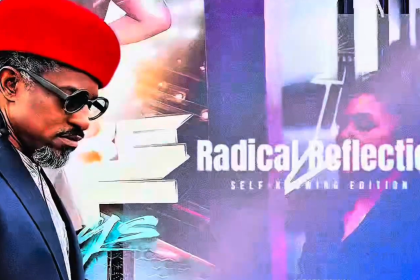Cheyenne Anthony, the marketing manager at Roc Nation, is constantly seeking innovative ways to brand and market the talent under the label. Anthony’s role involves identifying effective strategies to maximize the potential of artists, whether through interviews, social media engagement, or other creative channels. Her efforts are crucial in ensuring that Roc Nation’s artists reach their fullest potential and maintain a strong presence in the industry.
Anthony spoke with rolling out about how she markets artists, music psychology, and what Roc Nation is doing to disrupt the music industry.
What can you tell us about music psychology?
I think this is a great conversation, whether it is Men’s Mental Health Month for June and maybe being Mental Health Awareness Month overall. Especially within the Black community, it’s very much a taboo, so oftentimes we don’t relate music and psychology. However, when you think about the essence of it — the ethos of music in general — it is a form of therapy. The idea of music psychology is diving deeper into just overall how music impacts the overall psyche, the brain, etc. That’s more on a biochemistry and medical level, but more so for me, I wanted to dive deeper into music therapy, which is absolutely a thing. From my research, what I found was music therapy techniques are applied all the time in rehabilitation centers, nursing homes and anything that can physically make a person better. My question was always, how come these techniques aren’t necessarily applied to the musicians?
How do you balance the concept of music psychology with artists?
I think this generation is a lot more open to conversations about mental health and mental awareness overall, which is great. At the same time, there still is this level of taboo [regarding] therapies, specifically within our community and also the hip-hop community in general. Getting them to understand that … they’re already doing therapy on their own. When you think about it, songwriting is a form of therapy; just even playing an instrument and allowing yourself the space to express whatever it is and allowing it to flow out of you is a form of therapy. I think that is a first step.
Charlamagne tha God is a great advocate for mental health and therapy. He said, “I don’t go to therapy when something’s wrong or because something is wrong. I go to therapy because my life is going great.” Therapy is about giving you the tools to be able to navigate through life. That’s all it really is. It doesn’t mean that something’s wrong with you. Just having the artists understand that — and understand that they’ve already lived this life — they already are providing [themselves] with therapy.
[Therapy] doesn’t have to always look the same way. It’s not just you sitting on a couch and talking to the lady. It can be dance therapy; there’s creative arts therapy; there’s art therapy. There are so many forms of therapy that allow the person to express themselves, so it doesn’t always look mundane or like the boring regular talk therapy that people think of.















